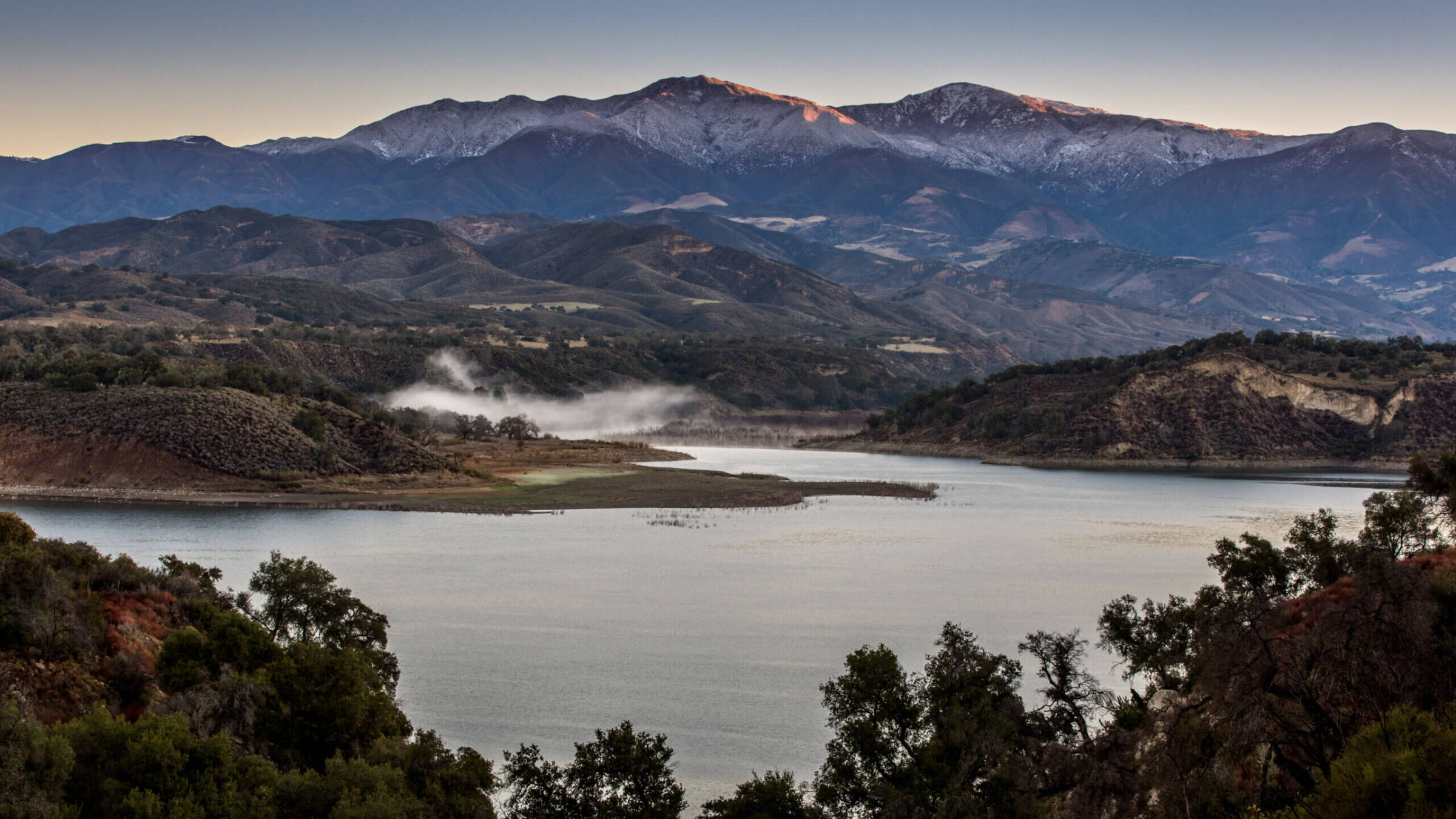It’s not just Swastika Lake — the U.S. is full of sites named for swastikas
Both Wyoming’s Swastika Lake and Oregon’s Mount Swastika have been renamed in 2023. That’s just the tip of the iceberg

Enjoying a trip to a beautiful mountain, lake or mine? Careful: It could be named after the swastika. Photo by George Rose/Getty Images
Hikers along Libby Creek in Wyoming’s Medicine Bow–Routt National Forest will no longer pass by Swastika Lake, after the Albany County Commissioners voted to rename it this week.
The proposal to do away with the name was approved by a 2-1 margin, with the lone opposed voter saying of the proposed change that “limiting knowledge and removing history are the calling cards of communism.”
In recent years, local governments across North America have been rebranding streets, towns and natural sites named after the swastika, the most potent symbol of the Nazis. But even as there’s been a recent surge in efforts to remove the name — including from Oregon’s former Mount Swastika, which was renamed after a tribal leader earlier this year — some, like that Wyoming holdout, have pushed back.
The name of the Wyoming lake dates back to 1922, when the use of the swastika as a symbol of good fortune was common across North America: Albany County used to boast a Swastika Store and Swastika Ranch, as well.
The use of “Swastika” as a location name took off in North America in the early 20th century, and appears to have slowed with Hitler’s rise to infamy. During World War II, some municipalities which had previously celebrated the swastika decided to disassociate with the symbol — like the town of Swastika, New Mexico, which changed its name to “Brilliant” during the war.
But that renaming work is still very much underway. In 2019, the city council of Cherry Hills, a suburb of Denver, changed the name of its 56-lot subdivision “Swastika Acres” to “Old Cherry Hills.” And in 2022, Puslinch, a 7,000-resident town in Ontario, drew widespread attention when a vote on renaming Swastika Trail, a private road named in the 1920s, split the town between proponents and opponents. The town’s mayor, James Seeley, opposed the street’s renaming, arguing that “it is private property. And the federal government has not banned the symbol or the word.”
Eventually, the town’s council voted to rename the street.
The hamlet of Swastika, New York, which is part of the town of Black Brook, made news in 2020 when it refused to consider renaming after a New York City resident petitioned the town’s council.
“We regret that individuals … that lack the knowledge of the history of our community become offended when they see the name,” Jon Douglass, supervisor of Black Brook, told CNN. “To the members of our community … it is the name that their ancestors chose.”
The name “Swastika” has long been particularly prominent in the mining industry. Mines like Swastika Mining Co. in Josephine County, Oregon, and the Swastika Mine in Yavapai County, Arizona, appear to still carry their names. (Both mines seem to no longer be in operation.)
And sometimes, the presence of an area named for the swastika comes as a surprise. When a homeowner in the Miami neighborhood of Little Havana sought to build an expansion on his property in 1992, residents were stunned to learn that their 92-lot subdivision was officially registered as “Swastika Park.” But despite discomfort, the name stayed in place, as the Miami Zoning Board decided at the time that changing the name would be too arduous.
That’s one of several reasons governments have opted out of renaming areas named for the swastika. Perhaps none of those reactions have been more compelling than that of the residents of Swastika, Ontario, an old mining town that was established in 1906 next to the Swastika Mine, the first gold-producing mine in Ontario.
As a result of World War II and the Nazi appropriation of the symbol, the Ontario government sought to rename the town after Winston Churchill in 1940.
Its residents would not hear of it. They instead replaced the official town sign with another declaring: “To Hell with Hitler. We had the swastika first.”
A message from our Publisher & CEO Rachel Fishman Feddersen

I hope you appreciated this article. Before you go, I’d like to ask you to please support the Forward’s award-winning, nonprofit journalism during this critical time.
We’ve set a goal to raise $260,000 by December 31. That’s an ambitious goal, but one that will give us the resources we need to invest in the high quality news, opinion, analysis and cultural coverage that isn’t available anywhere else.
If you feel inspired to make an impact, now is the time to give something back. Join us as a member at your most generous level.
— Rachel Fishman Feddersen, Publisher and CEO






















